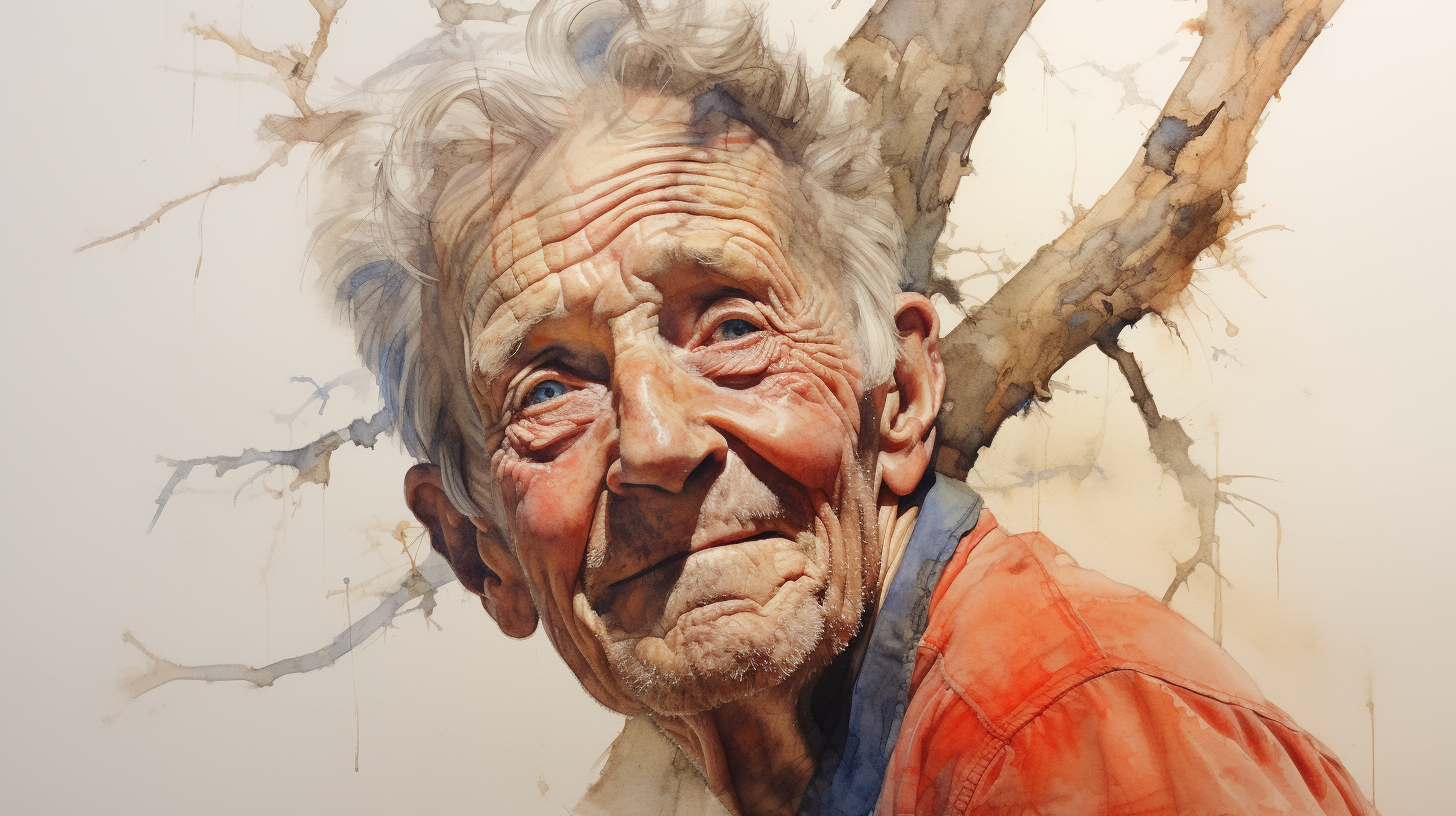What Does It Mean to Dream About Ageing?
Exploring the symbolism of growing older in dreams
Dreams about ageing can leave a powerful impression. Whether you saw yourself with grey hair, watched loved ones grow old, or felt the passage of time speeding up, such dreams often spark deep reflection. But what does it really mean to dream about getting older? Are these dreams simply about fear of time, or do they carry a more symbolic message?
Ageing dreams are surprisingly common and can reflect a variety of emotional, spiritual, or psychological themes. They often touch on personal growth, changing priorities, mortality, wisdom, or a desire for transformation. In this article, we’ll explore the most common interpretations of ageing dreams and help you understand what your subconscious may be trying to tell you.
Why Do We Dream About Ageing?
Dreams about ageing are rarely literal. Instead, they act as metaphors for internal change, maturity, or the passing of a life phase. They might appear during times of transition—such as a career change, the end of a relationship, or a new beginning. These dreams often encourage introspection about how we see ourselves, what we value, and how we relate to time.
In a society that often associates ageing with loss, decline, or limitation, dreaming about getting older can bring up both fears and insights. But not all ageing dreams are negative—many are affirming, reminding us of the richness that comes with experience.
Common Ageing Dream Themes and Their Meanings
1. Dreaming of Yourself as Elderly
Seeing yourself as significantly older in a dream may symbolise wisdom, self-acceptance, or a shift in priorities. It can also reflect a growing awareness of your limitations or the natural changes that come with time.
This kind of dream may arise when you’re considering long-term decisions, letting go of youth-focused identity, or gaining insight into what truly matters.
Ask yourself:
- Have you recently reflected on your life direction?
- Are you embracing new responsibilities or life stages?
- Do you fear becoming irrelevant or invisible?
2. Seeing a Loved One Age in a Dream
If you witness a family member or close friend ageing rapidly in your dream, it may suggest a fear of losing them or a recognition that your relationship is evolving. It could also symbolise your own growth and how you perceive others changing with time.
Sometimes, these dreams come during periods of emotional distance or after major life events such as illness, retirement, or death in the family.
3. Watching Time Pass Quickly
Dreams in which days, years or entire lifetimes pass in fast-forward often reflect anxiety about missed opportunities, life transitions, or fear of running out of time. You may feel like time is slipping away too quickly or that you’re not making the most of your present circumstances.
This theme can also appear when you’re overwhelmed with responsibilities or feel stuck in a routine, highlighting a desire to slow down or live more meaningfully.
4. Fearing the Signs of Age
Dreams about wrinkling skin, greying hair, or physical decline may reflect personal concerns around appearance, health, or loss of vitality. In some cases, they reveal anxiety about self-worth or societal pressure to remain youthful.
However, these dreams can also prompt a deeper question: are you tying your identity too closely to youth or appearance?
The Positive Symbolism of Ageing in Dreams
While some ageing dreams stem from fear or anxiety, others carry deeply positive symbolism. Getting older in a dream may represent:
- Personal growth: A sign that you’re evolving emotionally or spiritually.
- Wisdom and experience: Recognition of the lessons you’ve learned and your ability to guide others.
- Letting go of the past: Moving beyond youthful insecurities, impulsiveness or old identity patterns.
- Inner peace: A sense of acceptance and contentment with life’s pace and imperfections.
If you felt calm, dignified or wise in your ageing dream, this could reflect increased maturity or emotional clarity in your waking life.
When Ageing Dreams Are Recurring
Recurring dreams about ageing may signal that your subconscious is working through something unresolved. Perhaps you’re at a crossroads and resisting change, or you’re being called to accept a new version of yourself. These dreams may persist until you take time to reflect and realign your goals or mindset.
Cultural and Personal Influences
How you interpret ageing dreams may also depend on your background, beliefs, and life stage. For example:
- Someone in their twenties might dream about ageing as a fear of not living up to expectations.
- Someone in middle age might experience it as a reflection on mortality or unfulfilled dreams.
- An older person might find these dreams comforting or affirming, showing strength and legacy.
Personal beliefs around age—whether it’s seen as decline or wisdom—will colour how your subconscious expresses it.
What to Ask Yourself After an Ageing Dream
- How did you feel in the dream—afraid, peaceful, nostalgic, wise?
- Were you alone, or were others ageing too?
- Was the focus on your appearance, emotions, or life events?
- Are you currently going through a transition or facing a big decision?
Reflecting on these questions can help you draw meaningful connections between your dream and your current life circumstances.
Final Thoughts: Embracing the Message of Ageing Dreams
Dreams about ageing are not to be feared—they are invitations to reflect. Whether they stir up worry or offer reassurance, they are often symbolic of emotional maturity, time’s influence, and how we relate to change.
Ageing in dreams can remind us to live with intention, honour our past, and approach the future with wisdom. Rather than resisting time, these dreams may be nudging us to accept it—and to make the most of the life we are living now.



